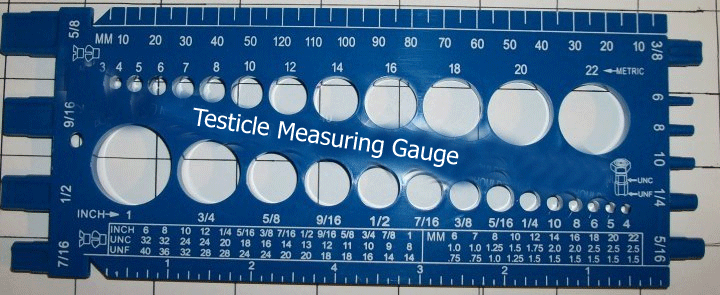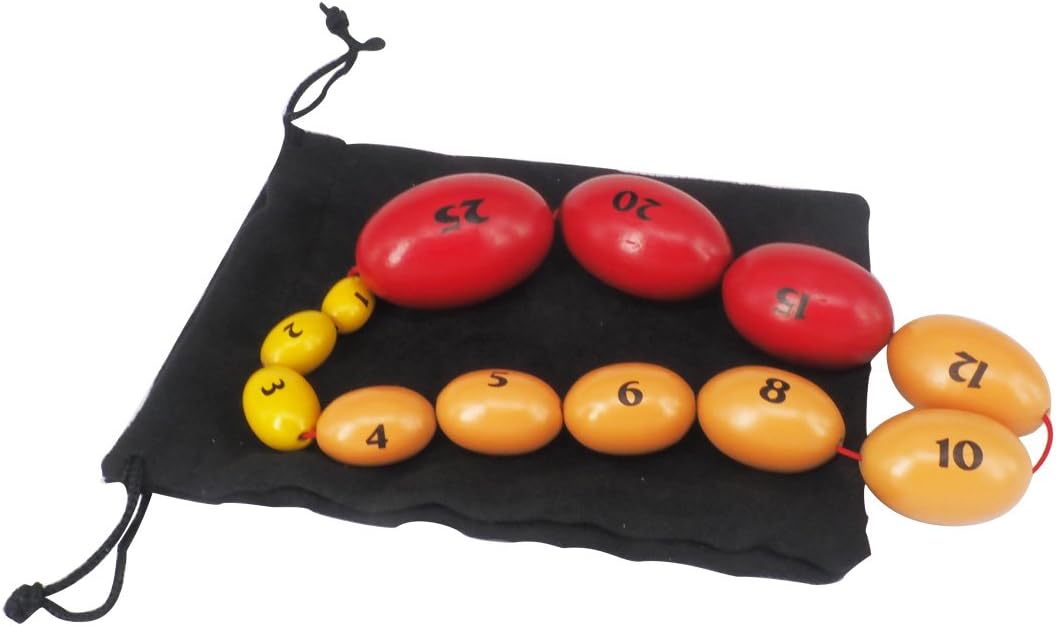scott2000
Well-known member
Say Say Say what you want.....
https://www.youtube.com/watch?v=R2Vtpypl--8
https://www.youtube.com/watch?v=R2Vtpypl--8
80hinhiding said:To Abbey, JR and all who promote their mantra of linearity, digital superiority;
Are you tired of this conversation?
.................
I think you just like to get a debate going... and I suppose that's fine but what are you trying to convince us all of? JR considers digital summing/combining objectively superior, and that too is an opinion. It is subjective to say linearity means it's better. The whole premise of better, is subjective. What does it mean to be better? What's the context, what are the properties of better? Who decided/decides on those properties? I can't for the life of me figure out what the argument/constant discussion is about..
...............
If all this stuff wasn't valid you could just shut Group DIY down permanently.
...............
With all due respect, it's one the emptiest sentence I ever heard. Does a console that's worth your efforts purrs after the take? Or pat you on the bum?80hinhiding said:I think it was Glyn Johns who said one of the keys is tracking into a good console that's worth your efforts.
What I meant is: do the records he did with an RCA44 lack anything? There is nothing more different to a U47 than a RCA ribbon. The records he made with a Sony 800G, were they inferior?fazer said:/quote] One is entitled to think that the magic of Frank Sinatra is in the U47
The first studio I worked at had two u47s. One had the nuvistor mod and the other had a VF14. That VF 14 was the most marvelous sounding one. The tube makes a difference no matter what anybody says. You don’t have to be frank Sinatra to appreciate that mic. Now try to find and buy a real VF14 much less a U47. I have a 249 with an AC701. It’s a great mic and people I record want that mic on their voice. I could use a 414 and get good results but the singers I record hear something they like even if I can’t tell. Go figure. A focusrite with a recap job and a lundahl input transformer is a thing of beauty to my ears for a modern mic pre. I’m sure there are modern mics that do the same but that U47 with the VF14 is mind blowing. Sorry for hijacking.
Thanks 80. My favorite turn of that phrase is from McCarthy, packing a big item in such a tiny carton:Boji, your efforts have not been wasted. The journey is the destination anyway, or something like that.
If you feel happy with your pristine, clean digital workflow more power to you.
The most inadmissible argument is to make the dead speak.80hinhiding said:Put Sinatra on a Slate virtual mic, without any emulation, or any hardware processing whatsoever. Then see if you like the record as much. The truth of the matter is that hardly anyone would choose to produce with all digital flat tools like that, and if they did they'd likely use some plugins to try and emulate the old hardware they like. Whether or not this approach yields as beautiful a result, I cannot convince you. Frank might give you feedback though saying he's just not feeling it on playback.
You're getting silly now.I said my piece, now you can go ahead and continue to stir the pot. And yes, the console does pat you on the arse.
Remember I wrote: "the equipment used for these legendary recordings is that it was well designed, well manufactured and well maintained." What's it got in common with a cheap mixer?Did they track your favourite bands through a $200 Behringer? Would they given the choice?
OK; then whenever did I say that I want a mediocre set-up? And I still maintain that transformers and tubes are not guaranteed to bring what's needed for best transcription of an acoustic event. Ever since the beginning of electric recording, engineers have tried to improve the performance of gear, because they knew it was imperfect.I said put talent/songwriting aside for a second... talk about production quality/atmosphere/texture/transfer of energy/imperfections of gear enhancing the experience to bring out imperfections/emotions of the artist (being a positive thing in my book).
That's proof that talent is more important than tools.I have a $200 acoustic guitar that people often complimented me on about its sound. Most of what they were talking about was my playing.
I can only agree with that. As much as I can, I try to match the equipment to what I have to record. If I was not the case, I would do complete records with a Sweetwater recording bundle.I would still choose to record it through a particular preamp or channel strip that I felt suited the tone to my liking.
Wrong example, electronic drums were in infancy when Bonham played. And if I had to record him today, I would use the drums he chose to play. As I said earlier, you don't know me. I'm more organic than you think. And I'm not trying to convince anybody; I just want to debunk myths.Bonham could make a starter kit sound great, but they chose to use good kits, why? If it were up to you, would he be tracked on an electric kit instead and then replaced with pristine samples?
You seem to be disappointed by my contentment... Am I depriving you of something? You must, for demonstrating so much contempt for me.If you feel happy with your pristine, clean digital workflow more power to you.
fazer said:Zeitgeist of the times. The gear is the gear that was available. It’s magic dust for a magical time period. As Lennon said the flag on the front of the ship may have been the Beatles but the Beatles were on the same ship that everybody else was sailing to the same fantasy island. Music influences other music. In the 60s I would hear Jimi Hendrix, Patsy Cline, and James Brown one song after the other on the same station. Today’s radio is an ancient relic of that time. And it’s segregated for audience marketing. It’s not a shotgun approach.
If I need more fuzz, then I'll just add fuzz with a fuzz unit, but I dont expect my preamps to do it.
Dualflip said:If I need more fuzz, then I'll just add fuzz with a fuzz unit, but I don't expect my preamps to do it.
fazer said:Nobody is looking for fuzz or sht from their preamps. Now balls that’s a different thing . ;D ;D
Im sorry, I dont know what you mean by "balls" nor can I measure it.
Dualflip said:I dont know what you mean by "balls" nor can I measure it.


fazer said:Do you measure gear when you record or do you use your ears to record. You need access to classic gear to be able to hear it and even then the modules can have sound differences. So measure that or use it to record with your ears if it’s working properly. Lots of clones don’t sound like vintage gear it emulates especially microphones. I think I said earlier that your ears tell you if you like a transformerless modern preamp on an instrument or a vintage tube pre or transformer SS. And that depends on the other sounds in the recording. Ultimately you use your ears not a piece of test gear . A clone does not necessarily sound like the real thing but it might be what’s good enough for a the budget of the recording your working on. Most of my vintage gear was purchased years ago when it was affordable. The main problem with it is keeping it maintained. I do quick measurements to make sure it’s in the ball(s) park ;D and then listen with my ears to see if it’s sound correct or needs further repair. I use my ears when I’m recording I don’t measure it other than record level. Most of the time my ears tell me if I need to change mics, compressors ect. or work on the part /arrangement. I don’t measure it. But if that works for you measure away. Now on the other hand if your doing post production for broadcast then I measure the level and deliver to spec for the broadcast format.
Enter your email address to join: